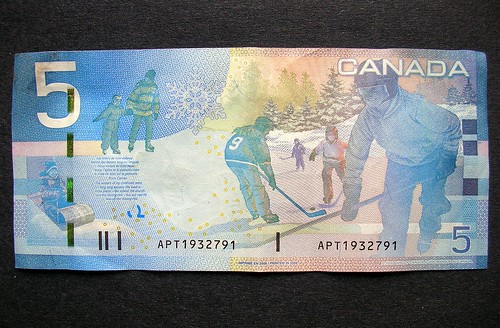
Let it not be said that public broadcasting’s role in meaningfully interrogating the roots of Canadian heritage and identity is anything less than Herculean. From bringing Hockey Night in Canada into homes from St. Johns to Sandspit, to uncovering the history of our national origins, I wanted to share a few gems that could be of aid in coming to understand the meaning and historical context of Confederation, as originally shared on CBC Radio.
Enjoy!
The Enright Files – Fathers of Confederation
Michael Enright, host of The Sunday Edition, in conversation about two of the more intriguing fathers of confederation. Biographer Richard Gwyn talks about Sir John A. MacDonald, Canada’s first prime minister while University of Toronto Scholar David Wilson talks about the poet of Confederation Thomas D’Arcy McGee.
The Massey Lectures
1963: THE IMAGE OF CONFEDERATION
PART 1 – PART 2 – PART 3 – PART 4 – PART 5 – PART 6
In the 1963 Massey Lectures Frank Underhill writes:”Our experiment of the new Canadian nationality has now been going on for almost a hundred years. It must be confessed that we approach the centenary year of 1967 in a state of mind that falls far short of the spirit of optimism and high adventure that marked the Fathers of Confederation. We seem to have lost their clear assurance of national purpose. We are not sure even that we are one nation. Our Canadian politics of the 1960s is leading many citizens to doubt whether it is worth trying to be nation if this is the only kind of politics which we are capable. One senses a feeling of defeatism in the air.”
Nation of Hockey
Part I PART II
The back of our five dollar bill shows kids playing shinny on a timeless pond somewhere in Canada. But Calgary writer Bruce Dowbiggin argues that hockey is far more than simple nostalgia or big business. It’s a clear window into the complexity of modern Canada: from shifting political power and economics, to multiculturalism and what we think it means to be a Canadian in the 21st century.